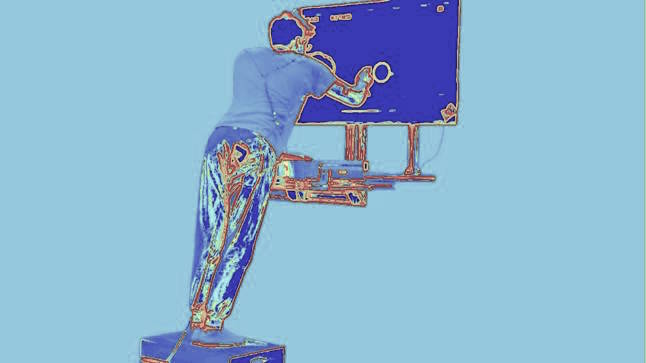Researchers from the Department of Automation, Biocybernetics and Robotics at Jožef Stefan Institute in collaboration with the colleagues from Technical University Darmstadt in Germany have revealed mechanisms of how human central nervous system controls the motion of our body during physical interaction with the environment. They examined adaptation to systematic postural perturbations while the human subjects had to perform a series of goal oriented movements. By employing a novel probabilistic modeling approach, the researchers established a computational model that explained how our brain arbitrates between goal oriented movements and maintaining postural balance. The findings of the study were published by Nature Scientific reports.

